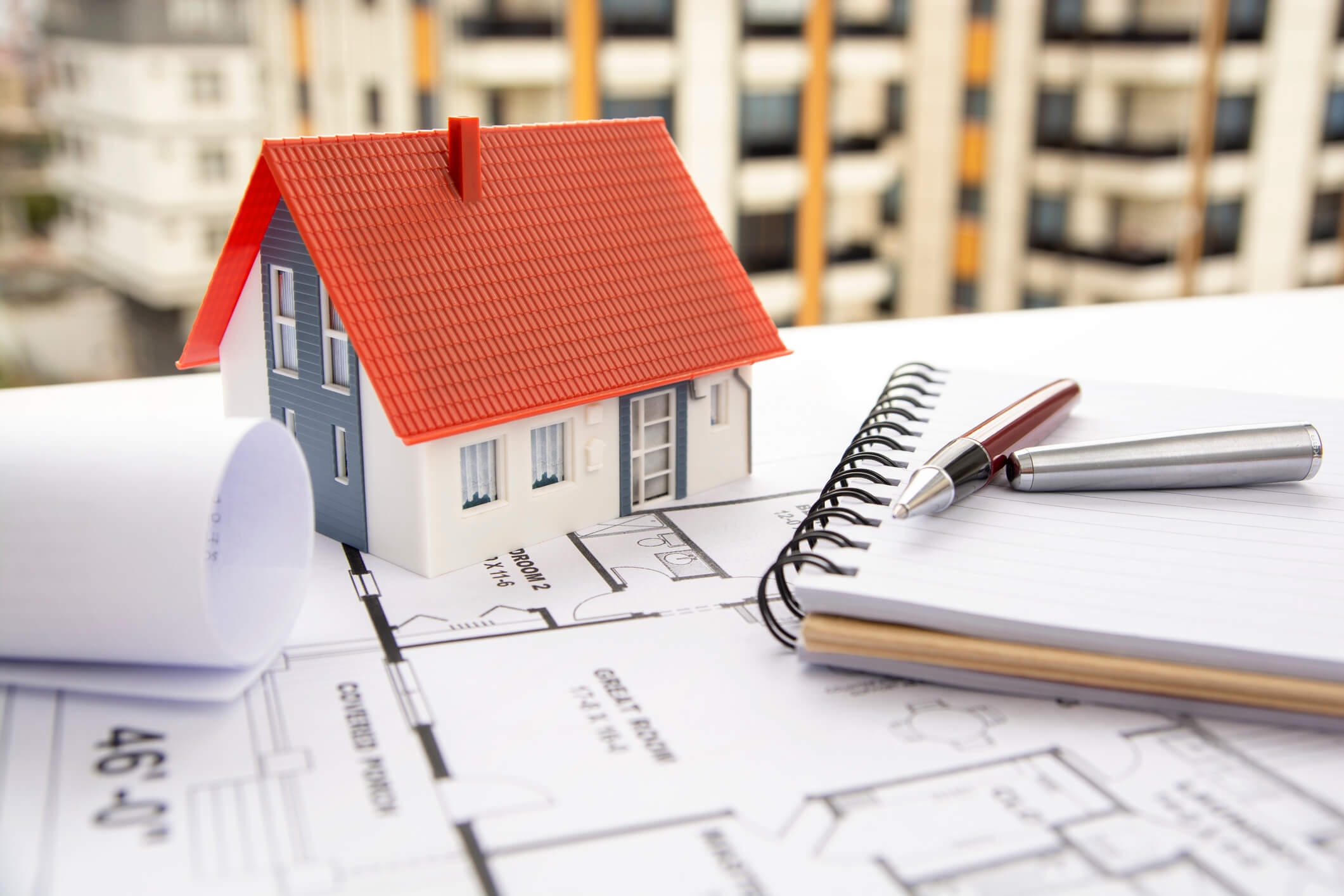Unveiling the Function of Property Developers in Shaping City Landscapes
Unveiling the Function of Property Developers in Shaping City Landscapes
Blog Article
Property developers are the core of the real business, which drives the creation, transformation, and improvement and enhancement of the urban environment. Based on their experience, knowledge and financial expertise These key players oversee the development of commercial, residential and mixed-use buildings, shaping the fabric of our towns. Recognizing their vital role and impact is essential to understand the unique dynamics of the real estate market.
At the core of a property developer's role is the complex dance of imagination and practicality. The developers or businesses they work with create projects that not only meet demand from the market, but also fit with the character and uniqueness of the area they are working in. From residential communities to commercial hubs, each development undergoes meticulous planning to ensure it is compatible with the zoning rules in addition to environmental factors and those of the future residents. In collaboration with architects, engineers, as well as urban planners, developers breathe life into designs, and manage the construction process from inception to the point of completion.
But, traversing the maze of landscape of development in real estate is not without challenges. The fluctuation of markets, the regulatory obstacles and local opposition could knock even the most well designed plans off track. Economic downturns may stall projects even as shifting consumer tastes require constantly changing. Moreover, developers must strike a delicate balance between financial success and social accountability, battling to issues related to affordability as well as sustainability and fair access to housing. Faced with these problems, successful builders demonstrate resilience, innovation, as well as a constant commitment to their goals.
Furthermore, the impact on the environment of construction projects can't be ignored. Property developers are being put under pressure to adopt sustainable practices which reduce carbon footprints, preserve green spaces, and increase energy efficiency. Design features that are sustainable, such as rainwater harvesting techniques, and LEED certification have become common features in contemporary developments. More than just complying with laws Developers are beginning to recognize sustainability's long-term advantages from environmentally green initiatives. This includes economic savings, increased market competition, and positive public perception. To find extra information please go to Akisama
But, the process of development also brings forth difficulties and debates, typically which require complicated negotiations with local authorities as well as environmental issues, along with the opposition of communities. Critics argue that rapid urbanization that is facilitated by developers may cause problems like gentrification, exclusion of Indigenous communities, as well as environmental degradation. In the battle to balance economic demands with social as well as environmental sustainability is a perennial challenge for this industry.
In the pursuit of profit, property developers shoulder a significant responsibility towards sustainability and social impact. Sustainable building practices, energy efficiency, and green spaces are increasingly prioritized to minimize environmental footprints and enhance quality of life. Developers play a important contribution to affordable housing initiatives that address social inequities and housing insecurity. With the adoption of sustainable and inclusive practice of development, they not only reduce the risk of disasters, but they also can contribute to the sustainability and sustainability of the communities.